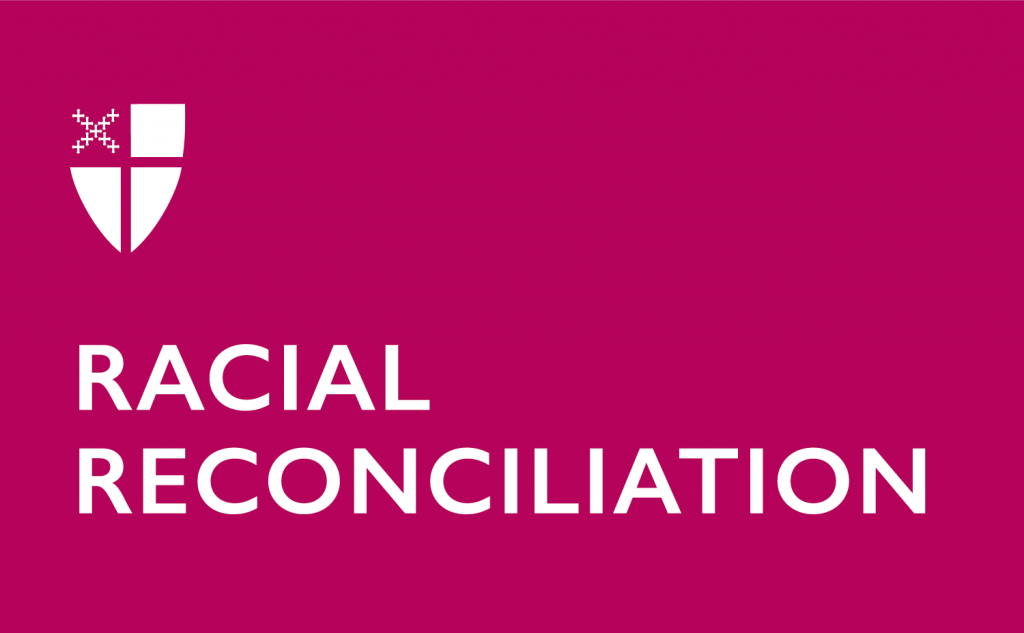Indigenous Voices Past and Present
By Virginia Taylor
The Diocese of Western North Carolina is leaning into learning and relationship with Indigenous communities. This spring clergy and lay leaders from across the diocese took their commitment to an even deeper level with the diocese’s first Indigenous Ministries Conference.
The conference featured five important Indigenous voices: The Rev. Bradley Hauff, Indigenous Missioner for the Episcopal Church; Trey Adcock, Director of American Indian and Indigenous Studies at the University of North Carolina in Asheville; James Bradley, Secretary of Education for the Eastern Band of Cherokee Indians; The Rev. Bude Van Dyke, a spiritual director and ordained priest; and the Hon. Richard Sneed, Principal Chief of the Eastern Band of Cherokee Indians.
Hauff traced the broad outline of Indigenous and Anglican history, including the Doctrine of Discovery, residential schools, and the Trail of Tears. He also invited participants to learn more about Native worldviews and to how they co-exist and are even prove compatible with modern Christian beliefs.
Adcock’s talk focused on Land Acknowledgements, which are formal statements that recognize the Indigenous people of a particular place. Acknowledgements should appreciate the past and present Indigenous stewardship of the lands others now occupy. They should also include a clear, actionable statement about moving together toward decolonization and equity.
Bradley opened up possibilities for repairing relationships between Native peoples and the Anglican Church. He also shared about his experience as Secretary of Education for the Eastern Band of Cherokee Indians. In that role, he provides curricula and activities for Native youth in local schools and communities; he also offers culturally inclusive material that students of all races can access.
As an Episcopal priest of Cherokee descent and a singer-songwriter, VanDyke brought a whole other set of gifts, including Native Americana music by his band Tsalagi Soul ᏣᎳᎩ ᎠᏓᎾᏔ.
The conference came at an important moment for the Diocese of Western North Carolina, which is in the midst of celebrating its centennial. As we reflect on 100 years of ministry and history, leaders here are dedicated to acknowledging Indigenous communities past and present who have called this land home and been harmed and expelled by American settlers and policies. The Indigenous Ministries Conference was just one step in the continued work of Becoming Beloved Community, and it has already sparked new events, conversations, and relationships throughout the diocese.
Find conference resources and presentations at the Unlearning Library (https://www.diocesewnc.org/unlearning-library – under the “Indigenous” tab). Learn more about the Diocese of Western North Carolina’s commitment to Becoming Beloved Community, visit https://www.diocesewnc.org/building-beloved-community

Photos taken by Pamela Mumby of Land of the Sky Photography.
Virginia Taylor is the missioner for communications in the Diocese of Western North Carolina.

